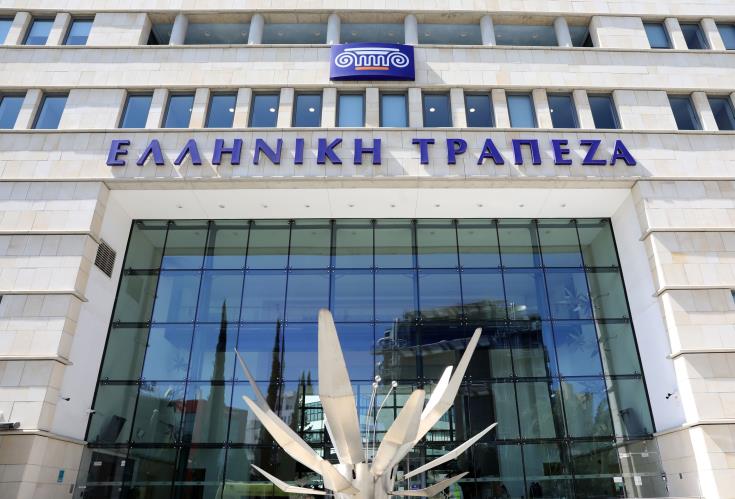The United Kingdom’s economy has officially entered a recession, as the latest GDP figures for the fourth quarter reveal a steeper contraction than analysts had anticipated. Despite expectations of an economic downturn, the actual numbers suggest a slightly grimmer scenario for the country, even though December showed better performance than expected.
The UK has been on the brink of recession for some time, and the latest data confirms a succession of two negative quarters of growth. Although this period of economic contraction is not welcome news, it is important to note that the UK’s economy has not seen substantial growth for the last few years. Instead, it has remained relatively stagnant. The recent slide into negative territory, while significant, does not alter the overall picture dramatically.
Economic experts had braced for worse outcomes as interest rates began to climb, but the UK economy has demonstrated a remarkable level of resilience. The expectation is that there will be a rebound in economic growth this year, suggesting that the current recession may be short-lived.
The Bank of England appears undeterred by this technical recession, as indicated by Governor Bailey earlier in the week. However, there is a concern that weaker household spending could signal lower demand than the Bank had projected. This will be further clarified with the release of January’s retail sales figures.
Inflation levels are expected to decrease to target levels by the second quarter, with possibilities of falling even further, sparking discussions about potential rate cuts sooner than anticipated. Additionally, a slower pace in wage growth could contribute to easing inflationary pressures.
In other financial news, oil prices have continued their volatile streak, influenced by various factors including geopolitical uncertainties and fluctuating interest rates. Despite these fluctuations, oil prices are currently at levels not expected to exacerbate inflation concerns.
Gold prices have also taken a hit, dropping below the $2,000 mark, reflecting market recalibration regarding the timeline and scale of potential rate cuts.
Meanwhile, Bitcoin has surged to a new two-year high, riding the wave of momentum from spot ETF coverage. Its performance continues to capture the attention of investors and analysts alike.
As the UK navigates through this economic downturn, all eyes will be on the resilience of its economy and the potential for recovery amidst global financial volatility.
Craig Erlam, Senior Market Analyst at OANDA, provides insights into these developments. However, it is important to note that these opinions are his own and not necessarily reflective of OANDA Global Corporation or its affiliates.






